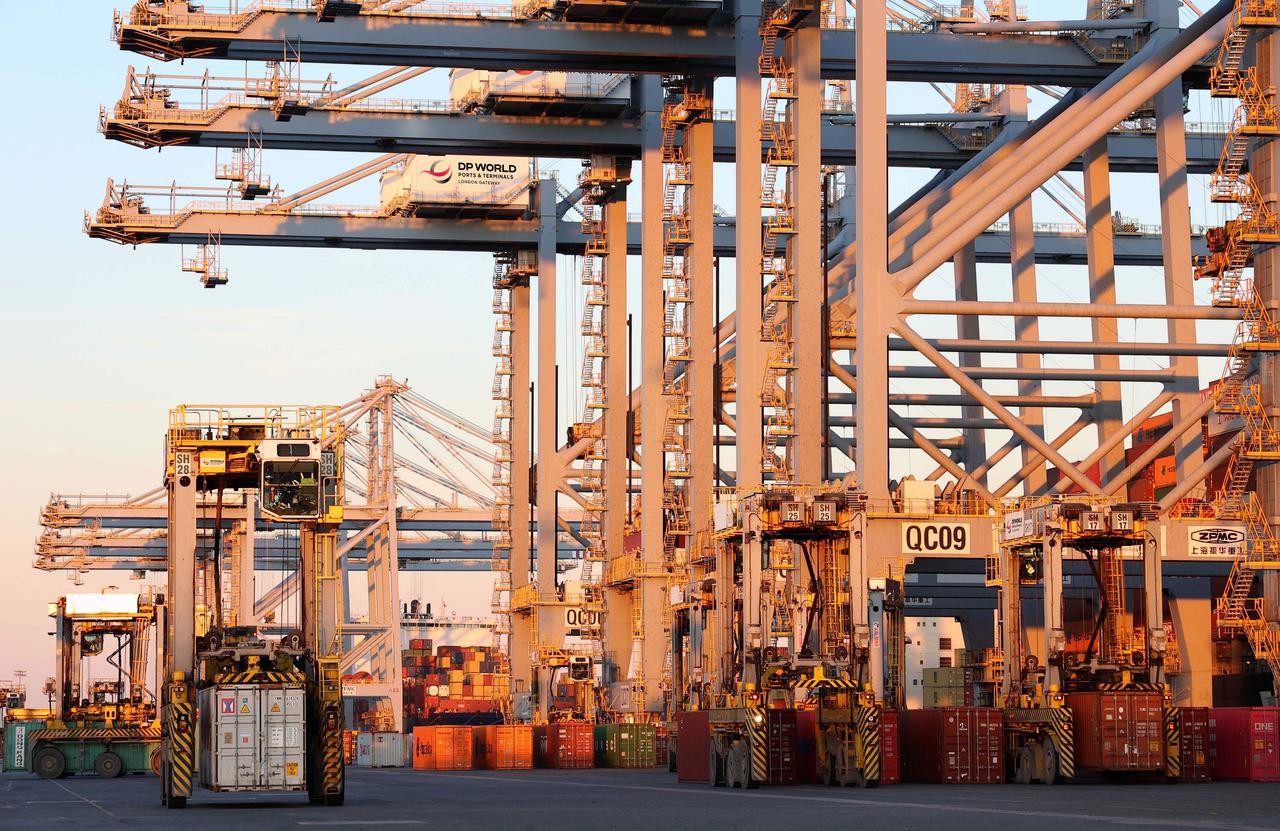Photo: Thomas Sola/Statoil
By Mikael Holter
(Bloomberg) — The man overseeing energy policy in western Europe’s biggest oil-producing nation says the worst downturn in the history of Norway’s offshore industry appears to have bottomed out as OPEC’s historic deal continues to reverberate across the globe.
Terje Soviknes, who was named as Norway’s next petroleum and energy minister on Tuesday, replacing Tord Lien, said the oil and gas industry has put the worst behind it.
“There’s renewed optimism in the oil and gas industry,” he told Bloomberg after a press conference in Oslo. “The change in the oil price curve we’ve seen lately has contributed to that.”
Norway earlier this month gave public backing to OPEC’s agreement to cut oil production in tandem with non-members, though it gave no indication it would reverse its previous refusal to directly collaborate with the group. Norway’s oil production has fallen by half since a 2000 peak, but is on track to rise for a third consecutive year after beating the government’s own forecasts by 5 percent this year through November, according to figures released by the Norwegian Petroleum Directorate on Wednesday.
Read more: Norway welcomes OPEC deal from the sidelines
Speaking to reporters in his new office, Soviknes said Norway should expect to live off its fossil fuel industry for “decades to come.”
The optimistic tone follows years of warnings from Norway after crude prices started collapsing in 2014. The country’s offshore industry has gone through its deepest downturn on record and Prime Minister Erna Solberg said on Tuesday that, even after the latest recovery in prices, the sector continues to face “tough times.”
Lost Jobs
Investments in the oil and gas industry are expected to fall for a third straight year in 2017 to less than two-thirds of a peak in 2014, according to the country’s statistics bureau. Norway is home to Statoil ASA, the country’s biggest crude producer. The industry has lost some 40,000 jobs since prices started to tank, delivering a bigger blow to the economy than the financial crisis of 2008.
“The oil-price downturn has impacted local community after local community and is affecting many families,” Soviknes said. The government will continue to “ensure stable and predictable framework conditions and open new areas to exploration and production.”
Soviknes joins the government after his political career stalled in 2001, following a sex scandal. Once regarded as a top contender to lead the Progress Party that forms the junior arm of Norway’s ruling coalition, Soviknes has been the mayor of Os on Norway’s western coast since 1999. Lien is stepping down after expressing a wish to spend more time with his family, Solberg said.
The new minister “knows the challenges” the offshore industry faces, Solberg said. “He has important tasks ahead of him, there is a lot that must happen in this area.”
Solberg made the changes after the government recently went through its biggest crisis, barely securing support in Parliament for its 2017 budget. Norway will hold general elections Sept. 11. The Conservatives, Progress and their supporters, the Liberal Party and the Christian Democrats, could lose their majority in Parliament, according to an average of December polls aggregated on www.pollofpolls.no.

 Join The Club
Join The Club











